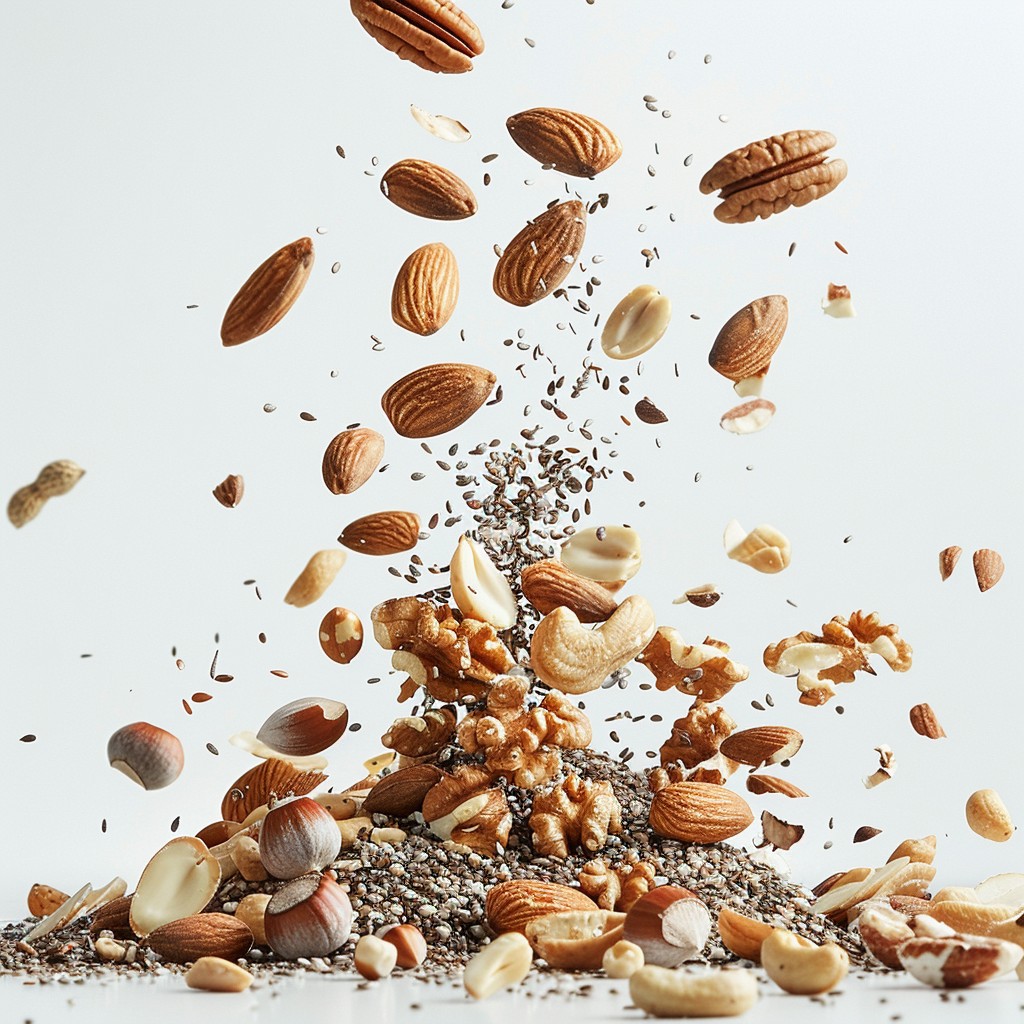

Milk Benefits/ Is milk good for health?
Milk has been a staple in the human diet for centuries, celebrated for its rich nutritional profile and health benefits. However, there are also many myths and misconceptions surrounding milk, especially about who should consume it and how. This article aims to provide a comprehensive understanding of milk, its nutritional value, and its role in a balanced diet.
Nutritional Value of Milk
Milk is a powerhouse of essential nutrients, making it one of the most complete foods available. Here’s what you’ll find in a typical glass of milk:
- Proteins: Milk is an excellent source of high-quality protein, containing all nine essential amino acids necessary for bodily functions. The proteins found in milk, casein, and whey, are easily digestible and help in muscle repair and growth.
- Fats: The fat content in milk varies depending on the type (whole, low-fat, or skim). Milk fat provides energy and aids in the absorption of fat-soluble vitamins like A, D, E, and K.
- Carbohydrates: Lactose, the natural sugar in milk, provides energy. However, some people have difficulty digesting lactose due to a deficiency in the enzyme lactase.
- Vitamins: Milk is rich in vitamins like Vitamin D, which helps in calcium absorption, and Vitamin B12, essential for red blood cell formation and neurological function.
- Minerals: Milk is a major source of calcium, vital for bone health, along with phosphorus, potassium, and magnesium.
How Much Milk Should You Drink?
The recommended daily intake of milk can vary based on age, health conditions, and dietary needs. Here are general guidelines:
- Children (2-8 years): 2 cups (about 500 ml) per day
- Older children and teenagers: 3 cups (about 750 ml) per day
- Adults: 2-3 cups (about 500-750 ml) per day
- Pregnant and breastfeeding women: 3 cups (about 750 ml) per day
It’s important to note that these are general recommendations, and individual needs may vary.
Best Time to Drink Milk
Milk can be consumed at various times throughout the day, and each timing offers different benefits:
- Morning: Drinking milk in the morning provides a good source of protein and energy to start the day.
- Night: Consuming milk before bed can promote better sleep due to the presence of tryptophan, an amino acid that helps produce serotonin and melatonin.
Who Should Avoid Drink Milk ?
While milk is beneficial for most people, there are certain conditions where milk consumption needs to be monitored or avoided:
-
- Lactose Intolerant Individuals: These individuals lack lactase, the enzyme needed to digest lactose, which can lead to bloating, gas, and diarrhea. Lactose-free milk or alternatives like almond or soy milk can be a solution.
- Milk Allergy: Some people are allergic to the proteins in milk, leading to symptoms like hives, wheezing, and digestive problems. These individuals should avoid milk and dairy products altogether.
- Certain Health Conditions: People with specific conditions like kidney disease may need to limit milk intake due to its potassium and phosphorus content.
Understanding Lactose Intolerance
Lactose intolerance is a condition where the body cannot fully digest lactose, the sugar found in milk. It’s more common in adults and varies in severity. While some people can handle small amounts of lactose, others may need to avoid dairy products entirely. Lactose-free milk or plant-based alternatives are good options for those with lactose intolerance.
Different Types of Milk: Cow, Buffalo, and Goat
- Cow’s Milk:
- Nutritional Profile: Cow’s milk is high in calcium, protein, and vitamin B12. It’s slightly lower in fat compared to buffalo milk and is easier to digest for most people.
- Best For: Individuals of all ages, especially those looking for a balanced source of nutrients without too much fat.
- Buffalo’s Milk:
- Nutritional Profile: Richer in fat, protein, and calcium than cow’s milk. It’s creamier and provides more calories.
- Best For: People who need more calories and protein, such as athletes or those looking to gain weight.
- Goat’s Milk:
- Nutritional Profile: Easier to digest due to smaller fat globules and slightly lower lactose content. It’s also high in calcium and has a unique protein structure.
- Best For: Individuals with mild lactose intolerance or those seeking an alternative to cow’s milk.
Forms of Milk Consumption
Milk can be consumed in various forms:
- Plain Milk: A versatile and nutritious drink.
- Flavored Milk: Often sweetened, adding extra calories. Best consumed occasionally.
- Milk in Cooking: Used in dishes like soups, sauces, and desserts, adding creaminess and nutritional value.
- Dairy Products: Such as yogurt, cheese, and butter, offer the benefits of milk in different forms.
- Milk Alternatives: Plant-based options like almond, soy, or oat milk are available for those who avoid animal milk.
Potential Drawbacks of Milk
While milk is generally healthy, there are potential drawbacks to consider:
- High Calorie and Fat Content: Especially in full-fat milk, which may contribute to weight gain if consumed in excess.
- Allergies: Milk allergies can cause severe reactions and should be managed carefully.
- Lactose Intolerance: Can cause digestive issues for those unable to digest lactose.
- Hormones and Antibiotics: Concerns about hormones and antibiotics in milk have led some to choose organic or hormone-free options.
Conclusion
Milk is a nutrient-rich food that offers numerous health benefits when consumed as part of a balanced diet. It provides essential nutrients like protein, calcium, and vitamins that support growth, bone health, and overall well-being. While some individuals may need to avoid or limit milk due to lactose intolerance or allergies, there are plenty of alternatives available. Understanding the types of milk, its benefits, and potential drawbacks allows for informed choices that align with individual health needs and dietary preferences.







